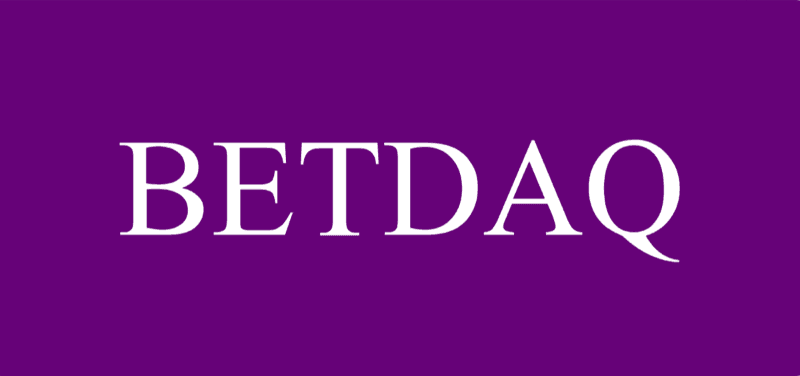
What a year: 16 title matches; 48 goals – more than twice as many than last year; 4 title holders; plenty of excitement. 2010 began with the Netherlands as Unofficial Football World Champions, and ended with Japan holding the title. But what happened in-between?
The Netherlands had held the UFWC title for 12 straight games – and throughout the whole of 2009 – as the 2010 campaign got underway. We had to wait until March for the first title match, and the Dutch retained their title by beating the USA 2-1. Next up was another 2-1 win, this time against Mexico.
In June, a World Cup warm-up match saw the Dutch beat Ghana 4-1. The result moved the Netherlands ahead of Russia into 4th place in the all-time UFWC rankings. Another warm-up friendly saw the Dutch come from a goal behind to thrash Hungary 6-1. The Netherlands went into the World Cup in remarkable form, and no UFWC follower would have been surprised by what happened next.
The UFWC champions’ World Cup 2010 campaign started with a 2-0 win over Denmark in Johannesburg. A 1-0 win over Japan and a 2-1 victory over Cameroon saw the Netherlands top Group E and take the UFWC title into the World Cup knock out stages.
And there was no sign of the Dutch giving up the unofficial title. 2-1 wins over Slovakia and Brazil saw the Netherlands reach the World Cup semi-finals. The opponents were Uruguay, and it was a tough match, but the Dutch eventually prevailed 3-2, taking the UFWC title into the World Cup Final.
The opposition was Spain, and the unification match would see the winner crowned official, unofficial and undisputed football world champions. Unfortunately, the game didn’t quite live up to its billing as one of the biggest international football matches of all time. Goalless after 90 minutes, the final went into extra time. With just four minutes remaining before penalties, Andres Iniesta scored what would be the winning goal for Spain. The Netherlands were finally defeated, and Spain were the new undisputed football world champions.
Spain’s win ended the best ever UFWC title run, with the Dutch having gone 21 title matches unbeaten. Along the way, the Dutch climbed to 4th in the all-time UFWC rankings, behind only Scotland, England and Argentina – an incredible achievement for a side that didn’t win a UFWC match until 1973, more than a hundred years after the UFWC began.
But UFWC attention shifted to new champions Spain, whose first defence of the UFWC title was against Mexico in August. A goal from Manchester United’s Javier Hernandez looked to have stolen the title, only for Manchester City’s David Silva to score an injury time equaliser and save Spain’s blushes. The next title defence, against Liechtenstein, was much more straightforward – Spain won 4-0.
But the undisputed champions were about to come unstuck. In September, Spain travelled to Buenos Aires to play Argentina – and were comprehensively beaten 4-1. Argentina became the new UFWC champions. This was the country’s 51st title match victory, and there was no reason to doubt that they would enjoy a long reign as champions. Then along came Japan.
An October friendly in Saitama saw Argentina immediately lost the title. Japan won 1-0 to become UFWC champions. A match against South Korea followed, and a 0-0 draw ensured Japan ended 2010 as Unofficial Football World Champions.
What else happened in 2010? Well, UFWC giant-killing nation the Netherlands Antilles was dissolved. We also took a look at match classifications, and tweaked up our historical records.
Features on the website revealed the UFWC’s all-time top goalscorers and looked at the biggest UFWC mismatches. We also revealed the worst team in the world and awarded the UFWC Wooden Spoon.
In another feature, we presented a Beginner’s Guide to the UFWC. And the year finished with a series of features on continental UFWC spin-offs, revealing the unofficial football champions in Europe, South America, Africa, CONCACAF, Oceania and Asia. We also revealed the Women’s UFWC champions – and the holders of the Women’s UFWC Wooden Spoon.
So that was 2010, and 2011 looks set to be just as exciting. There are only a few days to wait for the first UFWC match of the year, as Japan take the UFWC title into the Asian Cup, kicking off against Jordan on 9 January.
January 2011 also sees the official release of the brand new official UFWC book, Unofficial Football World Champions, which traces the lineage of the UFWC title and tells the story of unofficial champs past and present, involving legendary teams and footballing minnows, classic finals and forgotten friendlies, celebrated players and unsung heroes. You can order the book direct from this site, or from your favourite book shop, including Amazon.
You can keep up to date with all things UFWC in 2011 by following us on Twitter (@UFWC_Football) or joining our Facebook group. (You can also follow me personally on Twitter for UFWC updates and comments – I’m @paulbrownUK.) You can also sign up for our newsletter, or join in the chat on our forum.
We hope you’ve enjoyed following the UFWC in 2010, and will continue to enjoy it in 2011. If you have friends who aren’t aware of the UFWC yet, please get them onboard and send them this way. 2010 wasn’t a great year for FIFA or the official World Cup, but it was a great one for the UFWC. Support the unofficial alternative!
Get the Unofficial Football World Champions book




